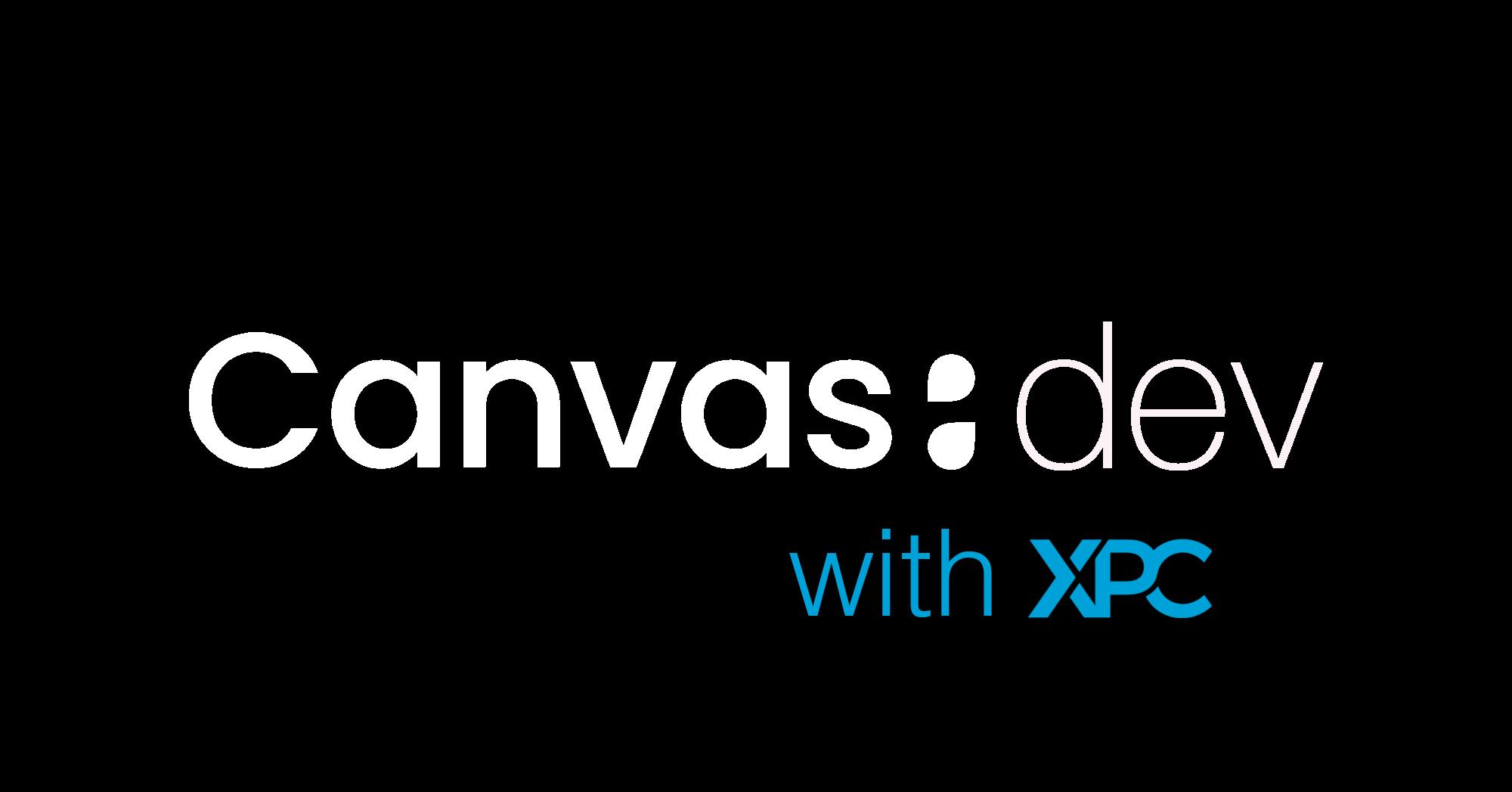Canvas Medical was proud to sponsor XPC’s second virtual Hackathon centered around a challenge that hit close to home for us: create something that makes healthcare workflows smarter, faster, and more human.
Over a long weekend, more than 100 clinicians, researchers, software engineers, and other experts came together. Their task: use tools and technology to design and prototype solutions that reimagine how healthcare gets delivered.
Participants had a variety of powerful tools at their disposal: a sandbox Canvas EMR, with integrated tools and datasets from our partners at Metriport, Keragon, Keywell, PhenoML, and XPC Chart Review.
The results were remarkable: in under 56 hours, teams produced over a dozen new approaches to comprehensive clinical workflows, spanning everything from pediatric care to epidemic tracking.
Building on a Developer-Friendly Foundation
At the center of most projects was the Canvas SDK and our 40+ FHIR API endpoints. Hackathon teams were able to:
- Move data seamlessly in and out of Canvas EMR using our SDK.
- Spin up extensions directly inside Canvas, giving their projects access to the same context clinicians use every day.
- Launch APIs within Canvas using our “Simple API” module, providing a foundation for advanced agentic workflows.
To accelerate developers’ progress, we introduced a new section in our documentation with example plugins and a quick-start guide for utilizing the “Simple API” module. This allowed teams to get up and running quickly and focus on the best workflow design they could imagine powered by AI rather than spending hours on integrations.
Partner integrations like Keragon and PhenoML made it even easier to connect platforms and AI tools by providing user interfaces that translate plain text inquiries into FHIR API calls to Canvas (Keragon) or extract text from a PDF document and convert it into a structured FHIR resource (PhenoML), allowing teams of differing levels of software engineering ability to use available tools and focus on solving problems rather than wrangling data.
Innovation in Action
The projects were as diverse as the teams themselves, spanning from pediatric care and sports medicine to post-acute discharge and automated epidemic tracking. The creativity on display underscored the power of combining clinical expertise with a developer-friendly EMR. A few highlights:
- WellBeyond (First Place Winner) - Automated post-discharge intake workflows, helping primary care teams engage patients faster and more consistently.
- EpiNet (Third Place Winner) - A novel epidemiologic insight generator that simulated viral outbreaks, even a zombie infestation 🧟, to showcase real-time population health tracking.
Many teams incorporated AI into their solutions. Importantly, they were asked to design AI Evaluation Strategies demonstrating how they would ensure outputs were accurate, unbiased, and clinically safe. This emphasis reflects a reality Canvas cares deeply about: AI in healthcare must be anchored in clinically-validated ground truth.
As our CEO, Adam Farren, recently wrote, “It's 💯necessary to have solid ground truth with which to evaluate AI products, and in the case of clinical products, it must come from physicians. AI can't do that for you. But it's really hard to engage qualified physicians for this work. Luckily we have a friend in Paulius Mui, MD and XPC, who has recruited a world class set of experts to help us build evaluation rubrics.”
A Platform that's a "Chef's Kiss"
The feedback we received from the participants was truly inspiring. It reinforced our commitment to building an EMR that is not only powerful but also a joy to work with. As one participant put it, "Not afraid to say it, I love Canvas. Having worked with EHR's for my entire career and tried to solve clinical problems... The SDK is chef’s kiss. 🧑🍳"
That’s the kind of validation we strive for - an EMR that is both powerful for clinicians and a joy for developers to work with.
The Future of Healthcare, Built Together
Hackathons like this shine a light on two important truths:
- Healthcare is full of workflow challenges that require new thinking.
- With the right platform, developers and clinicians can rapidly co-create meaningful solutions.
For Canvas, the event was a proving ground for our belief that an open, extensible EMR, complete with FHIR APIs, SDKs, and developer tools, can unlock innovation far beyond what any single company could build alone.
We’re excited to keep partnering with communities like XPC, empowering the next wave of healthcare builders.
Want to be part of it or learn about future developer events? Join the conversation in the Canvas Developer Forum!

